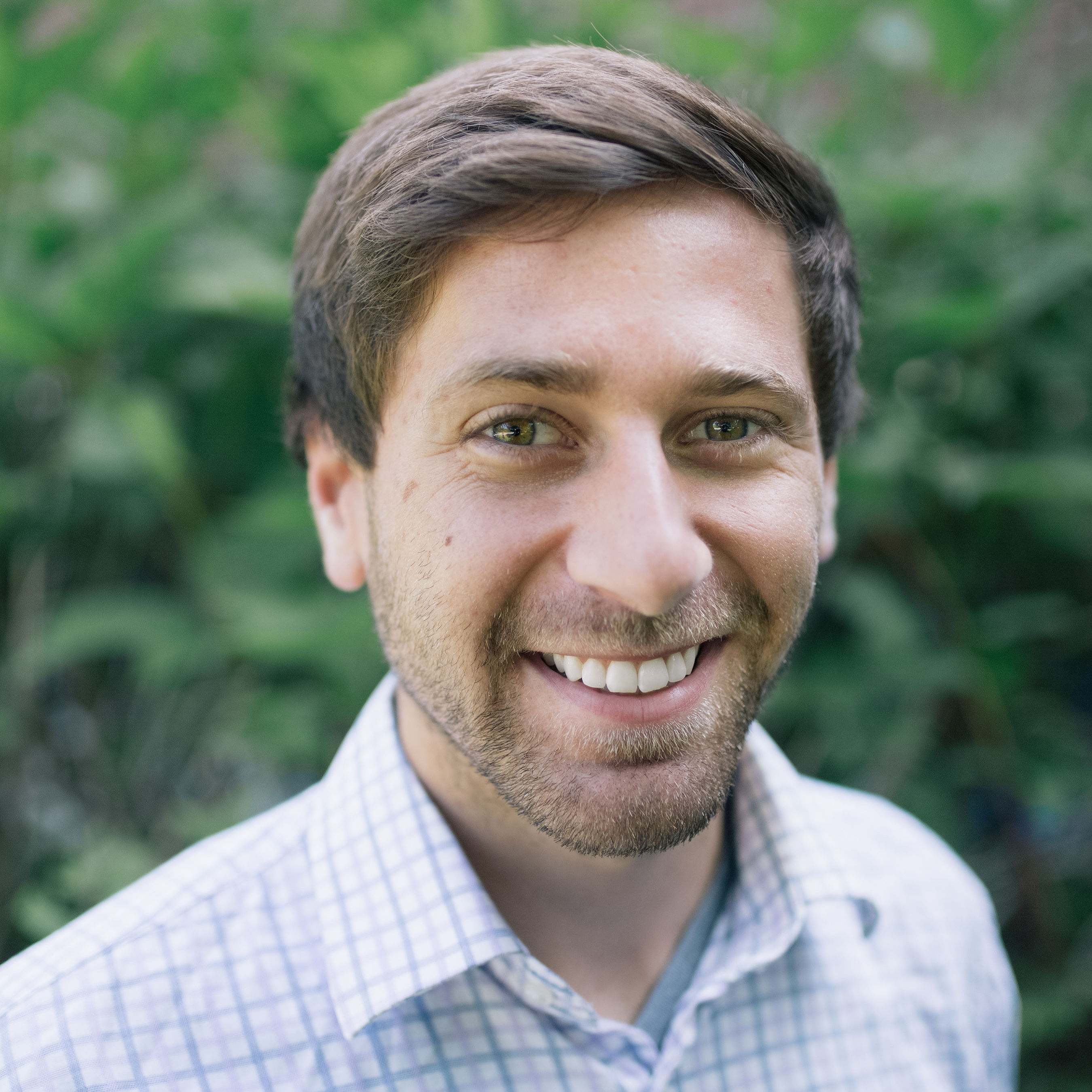How did you connect with Beyond Benign?
I connected with Beyond Benign through both the MRSEC RET Program and the Green and Sustainable Chemistry Workshop at the University of Minnesota – Twin Cities. Both programs provided exposure to green chemistry and sustainable practices that could be implemented into the high school classroom and faculty members recommended Beyond Benign as a resource for innovative Green Chemistry labs.
What first drew you into teaching and science education?
I grew up with both of my parents being educators and my father’s passion for teaching science is what inspired me to pursue further education in science. My father influenced me to try and understand how the world functions around me and what my impact on the world could be. Although I did not see myself as a teacher when I was younger, I quickly found I loved teaching my peers in college. I quickly found that my passion was teaching labs and explaining real-world concepts to high school students.
What excites you most about teaching green chemistry?
Green Chemistry is a growing field that is relevant to students. Finding relevant topics that students enjoy learning about can sometimes be difficult, but with green chemistry, all students understand the importance and significance of the topics they are studying. Green chemistry also provides a safer learning environment for students to explore scientific inquiry and engineering practices where they learn to further develop their problem-solving skills. Students who actively engage with green chemistry at a young age will likely increase the conversation around green chemistry and encourage students to think about the 12 principles of green chemistry regardless of if they pursue a career in science, business, or other fields.

